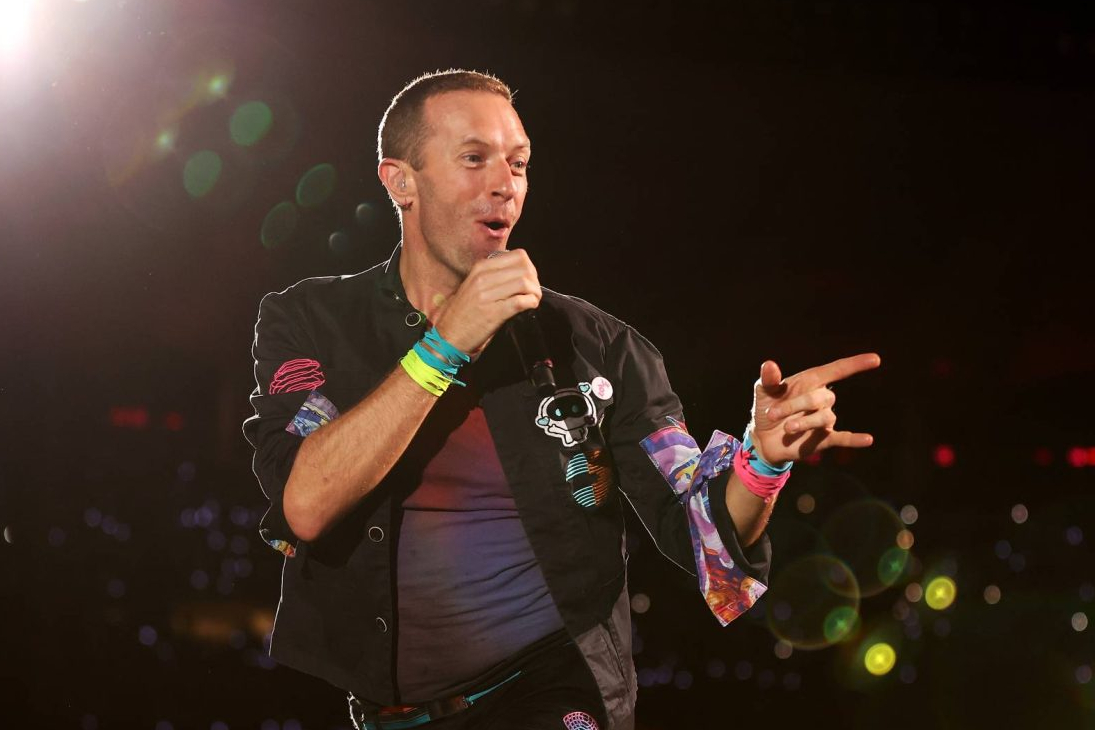The inaugural Music Sustainability Summit took place in Los Angeles on Monday where discussions centred on how the music industry is addressing, adapting to and finding solutions for the climate crisis, including how the industry can better measure and manage its emissions.
The summit was a call to action, a chance to shape the future of the music industry with sustainable practices at its heart. Organised by the Music Sustainability Alliance, it provided science-based solutions, business case analyses, best practices and tools for operational change across the music industry. It was attended by the Warner Music Group’s head of ESG, Universal Music Group’s senior VP of global ESG & sustainability, and Sony Music Group’s executive vp of philanthropy and social impact, and featured speakers from Live Nation Entertainment, REVERB, Overdrive Energy Solutions.
The day of discussions highlighted how the music industry is collecting and analysing data to create a baseline that will guide the science based targets and policy guidelines.
Other takeaways included that early planning in touring and festival production is key to reducing greenhouse gas emissions and environmental impact, and that working with venues to meet the artist’s sustainability goals includes assessing local capacity for waste management, grid cleanliness, and a sustainable food supply.
MIT’s live music carbon footprint study
The event comes just weeks after an announcement from Massachusetts Institute of Technology’s Environmental Solutions Initiative that it’s launching a comprehensive study of the live music industry’s carbon footprint.
Co-funded and supported by Warner Music Group, Live Nation and Coldplay, the report will suggest solutions to reduce the environmental impact of live music events across all venue sizes, from “pubs and clubs to stadiums” and promote a sustainable future in music.
Focused on the US and UK markets, the partnership will begin with an initial research phase, with the resulting Assessment Report of Live Music and Climate Change that’s expected to be completed by July.
The report aims to provide a comprehensive assessment of the relationship between live music and climate change, to identify key areas where the industry and concertgoers can make tangible improvements to reduce emissions, to foster positive outcomes and to provide a detailed analysis of the latest developments in green technology and sustainable practices.
“I applaud the spirit of openness and collaboration that will allow us to identify specific challenges in areas such as live event production, freight and audience travel, and recommend solutions that can be implemented across the entire industry to address climate change,” said Professor John E. Fernandez, director of the initiative at MIT.
Coldplay leading the way
While recently joining forces with MIT on its Environmental Solutions Initiative, Coldplay is in fact a longtime sustainability leader in the music industry.
The band voluntarily produced a sustainability report, with a strategy to be as sustainable and low-carbon as possible, that is underpinned by three principles:
- Reduce: reduce their carbon emissions, consumption and recycle as much as possible
- Reinvent: use green technology and sustainable, low-carbon touring methods
- Restore: invest in green initiatives that are carbon offsetting.
Coldplay’s sustainability report details all of the initiatives undertaken during its ongoing world tour, highlighting some of the ways the band is being more sustainable:
- Compostable and reusable wristbands and biodegradable confetti
- Low-emission, renewable energies powered stage emissions
- Kinetic floors installed that turned fans’ dancing directly into kinetic energy that will contribute to powering the show
- Partnered with DHL to cut direct transportation emissions by using advanced biofuels in the air and electric vehicles on land
Coldplay is giving MIT’s Environmental Solutions Initiative the data it collects from its “Music Of The Spheres” tour, and MIT has so far confirmed that Coldplay has reduced their carbon emissions by 47% (compared to their last tour in 2016-2017), almost precisely what the band set to achieve.
The band had also pledged to plant one tree per ticket sold and has so far planted five million trees. It also committed to donating 10% of everything earned to environmental projects and charities such as ClientEarth and The Ocean Cleanup.
Travel by fans is one of the biggest carbon emissions drivers in the music industry, so the band partnered with Live Nation and major public transportation providers in 2022 to offer fans free or discounted rides to encourage more sustainable travel. This initiative was found to have fostered a 59% average increase in public transport ridership on show days across four US cities.
The band has also committed to manufacturing all physical records for their forthcoming 2024 album from recycled plastic bottles —the first initiative of its kind.


Leave a comment